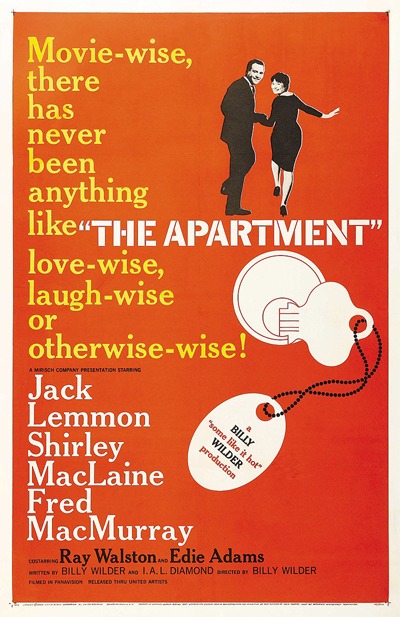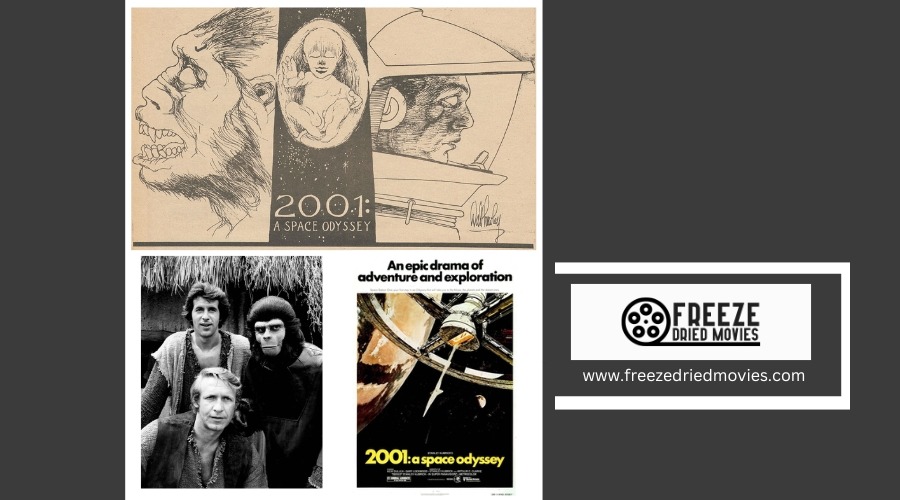British Cinema’s Finest: BAFTA Winners of the 1960s

The 13th British Academy Film Awards in 1960 kicked off a golden decade for British cinema. You'll find "Room at the Top" led the charge as Best British Film, while "The Apartment" took home Best Foreign Film honors. The ceremony brought together the industry's brightest stars and showcased pioneering achievements in cinematography, art direction, and costume design. This watershed moment marked just the beginning of British film's most influential era.
Image: Meawhost, BAFTA-Film-2025, CC BY-SA 4.0
The Rise of British Film Excellence in 1960
The dawn of the 1960s marked a critical moment for British cinema, as showcased at the 13th British Academy Film Awards in London. At this prestigious ceremony, you'd have witnessed the British Academy of Film and Television Arts (BAFTA) celebrating outstanding achievements across multiple categories, setting a high standard for the decade ahead.
"Room at the Top" claimed the coveted Best British Film award, while "The Apartment" secured the Best Foreign Film category, demonstrating the award ceremony's commitment to recognizing both domestic and international talent. You'll find that this particular BAFTA ceremony brought together the industry's most influential figures, from actors to directors and producers, all under one roof.
The event didn't just honor excellence in filmmaking; it established itself as a cornerstone of British cinema's growing global influence. Building upon the transformative cinematic shift of the 1950s, the ceremony embraced technological innovations like color and widescreen format.
| Year | Best Film Winner |
|---|---|
| 1960 | Ben-Hur |
| 1961 | The Apartment |
| 1962 | Ballad of a Soldier and The Hustler (tie) |
| 1963 | Lawrence of Arabia |
| 1964 | Dr. Strangelove or: How I Learned to Stop Worrying and Love the Bomb |
| 1965 | My Fair Lady |
| 1966 | Who’s Afraid of Virginia Woolf? |
| 1967 | A Man for All Seasons |
| 1968 | The Graduate |
| 1969 | MIDNIGHT COWBOY |
Notable Winners and Their Impact
Among the most influential winners at the 1960 BAFTAs, "Room at the Top" and "The Apartment" stood as manifestations of progressing cinematic excellence. You'll find that these best films not only captured the attention of critics but also shaped the course of British cinema during this crucial year.
"Room at the Top" secured its place in history by winning the Outstanding British Film category, cementing its status as a defining moment in the British film industry. Its groundbreaking approach to social class struggles marked a pivotal shift toward realism in British filmmaking. At the British Academy Film Awards, industry professionals gathered to celebrate these achievements, marking a significant milestone in BAFTA Film Awards history. The ceremony brought together the era's most talented filmmakers, actors, and craftspeople, showcasing the caliber of work that would influence future generations of British cinema.
Landmark Achievements in Technical Categories
While acting and directing often steal the spotlight, technical excellence at the 1960s BAFTAs revolutionized British filmmaking standards. The British Academy Film Awards recognized groundbreaking technical achievements across multiple disciplines, setting new benchmarks for the industry.
The decade's most impressive technical accomplishments included:
- The Alamo's consummate cinematography, which captured sweeping vistas and intimate moments with equal precision
- Sons and Lovers' innovative art direction that transformed simple sets into compelling visual narratives
- Cleopatra's lavish costume design that redefined period authenticity in historical epics
These technical categories weren't just awards - they represented the best of British cinema's behind-the-scenes talent. Films like Lawrence of Arabia earned recognition for their editing prowess, while Darling showcased the evolution of production design during this formative era.
Many of these films utilized the revolutionary three-strip Technicolor process to enhance their visual storytelling and emotional depth.
Star-Studded Attendees and Industry Leaders
Anyone who attended the BAFTA ceremonies of the 1960s would've found themselves rubbing shoulders with Britain's most illustrious film personalities. The British Academy of Film events drew the era's most prominent industry professionals, from Laurence Olivier to Maggie Smith, creating an unparalleled gathering of creative talent.
Their attendance wasn't just about collecting awards - it represented a prestigious honor that acknowledged their contributions to Britain's rich cinematic milieu. These gatherings served as crucial networking opportunities where directors, producers, and performers could connect and celebrate their collective achievements. The guest lists reflected the extraordinary depth of talent that made British cinema a formidable force throughout the decade.
You'd have seen industry leaders like Peter O'Toole, Vanessa Redgrave, and Richard Attenborough mingling at these prestigious ceremonies.
Cultural Significance of the 13th BAFTA Awards

The 13th BAFTA Awards in 1960 marked a defining moment in British cinema's evolution. As the British Academy Film and Television Arts takes place in London, you'll witness how these Awards given to outstanding films shaped the industry's future.
The ceremony celebrated achievements that would influence generations of filmmakers to come.
The cultural impact of this prestigious event can be seen through:
- The recognition of pioneering films like "Room at the Top" as Best British Film
- The acknowledgment of international cinema with "The Apartment" winning Best Foreign Film
- The gathering of influential industry figures who'd shape British cinema's direction
The winners at this ceremony didn't just receive accolades - they established new standards for filmmaking excellence that would define British cinema throughout the 1960s and beyond.
The Evolution of British Cinema Recognition
Recognition of British cinematic excellence underwent significant alteration during the 1960s, as BAFTA established itself as a cornerstone institution in the film industry. You'll find that during this transformative period, the British Academy Film and Television Arts expanded its influence, particularly through its television broadcasts that began in 1956, with color programming introduced in 1970.
The BAFTA Award for Best Film, which takes place annually, became increasingly prestigious as the organization evolved from The British Film Academy to The Society of Film and Television. The Award for Best British production gained special significance during this era, with winners and recipients representing the finest of domestic cinema. While much of this content is available under CC-BY-SA licensing, the ceremonies themselves found their home at the iconic Odeon cinema in Leicester Square, cementing BAFTA's cultural significance.




